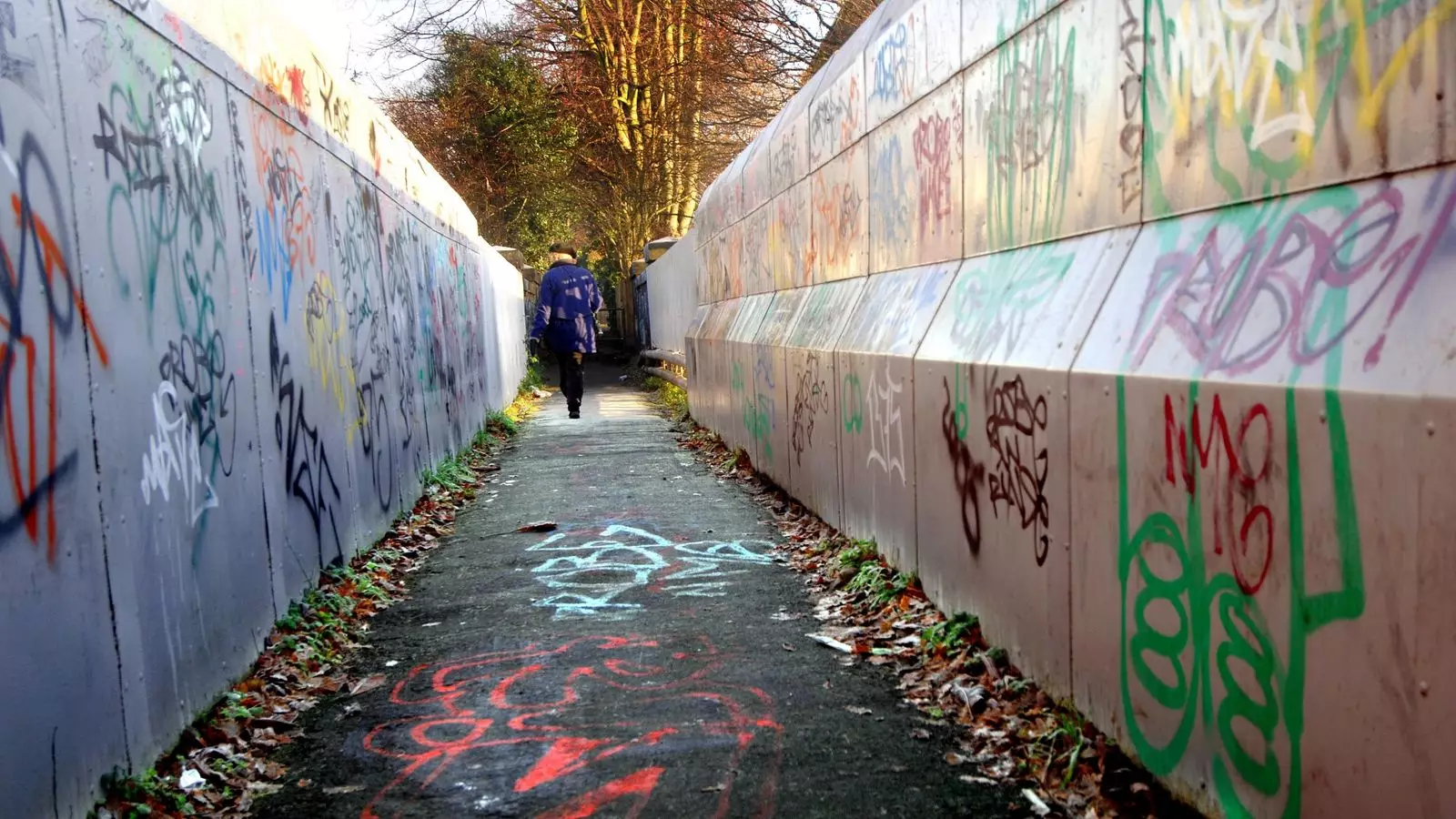In an effort to restore peace and security in public spaces, the UK government has proposed the introduction of “respect orders” aimed at curbing anti-social behaviour. This legislation, detailed in Labour’s election manifesto, seeks not only to penalize but also to rehabilitate offenders. The rising prevalence of disruptive activities has sparked a significant public outcry and the authorities recognize that the safety and comfort of law-abiding citizens have been compromised. Hardcore measures are reportedly necessary to reverse this trend, with Home Secretary Yvette Cooper emphasizing the devastating impact such behaviour has on communities.
The proposed system introduces stringent penalties for offenders, including potential jail sentences of up to two years, and the imposition of unlimited fines. Courts could order community service or enforce curfews as alternative penalties. This multifaceted approach signals an intention to adapt consequences to fit the crimes, thereby reflecting the severity of anti-social behaviour. By allowing for direct arrests of individuals violating these orders and seizing vehicles without prior warning, law enforcement agencies aim to expedite their efforts to combat issues like unauthorized off-road biking and the reckless use of e-scooters in prohibited areas.
Critics of traditional punitive measures argue that they are often ineffective in preventing future crimes. The proposed respect orders take this insight into account by mandating that offenders participate in rehabilitation programs, such as anger management and substance abuse treatments. This holistic tactic endeavors not only to punish offenders but also to mitigate the underlying issues contributing to their actions, thereby fostering a more sustainable resolution to anti-social behaviour.
The successful application of respect orders hinges on active collaboration among local councils, police, and the community. A unified approach is essential for identifying persistent offenders and for implementing measures that genuinely resonate with the needs of affected residents. As noted by Harvinder Saimbhi, who leads the victim support charity ASB Help, the focus on addressing root causes is a welcome shift. The anticipation surrounding the implementation of these orders also highlights the need for transparency and community engagement in developing effective local strategies for reducing anti-social behaviour.
With approximately one million incidents of anti-social behaviour reported in a year, the urgency for effective intervention is palpable. The respect orders, if enacted, could signify a new path in addressing these societal challenges. Policymakers must balance consent from the community with the efficacy of law enforcement strategies to distinguish between mere compliance and genuine cultural shifts towards improved public safety. The outcomes of these proposed orders will be monitored closely, offering a potential template for other regions grappling with similar challenges. As with any new policy, the success of this approach will ultimately be measured by its impact on community well-being and public trust in the justice system.


Leave a Reply